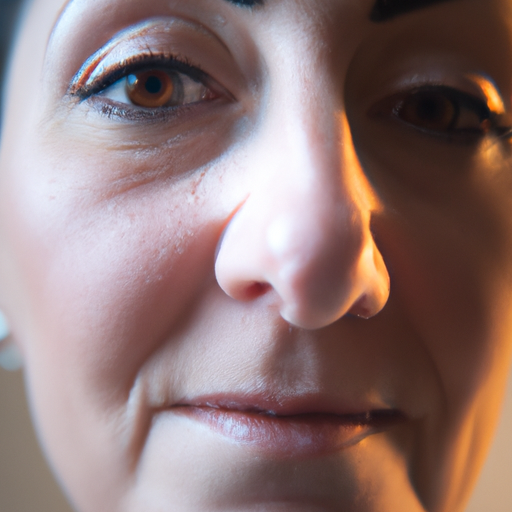As a dermatologist, I often encounter patients with sensitive skin, a condition characterized by reactions such as redness, itching, burning, and dryness. This condition can be triggered by factors like weather changes, stress, certain foods, and skincare products. However, the good news is that there are effective treatments available to soothe sensitive skin.
The first step in treating sensitive skin is identifying the triggers. For some people, it could be a particular ingredient in their skincare products, while for others it could be environmental factors like extreme temperatures or pollution. Once the triggers are identified, they can be avoided or managed to prevent skin reactions.
One of the most effective treatments for sensitive skin is the use of gentle, fragrance-free skincare products. Many products on the market contain harsh chemicals and fragrances that can irritate sensitive skin. Look for products labeled “for sensitive skin” or “hypoallergenic.” These are usually free of potential irritants and are less likely to cause a reaction.
Moisturizing is another crucial step in managing sensitive skin. Dryness can exacerbate sensitivity and lead to further irritation. Therefore, it’s essential to keep the skin well-hydrated. Opt for a moisturizer that is free of fragrances and dyes and is designed for sensitive skin. Apply it immediately after bathing to lock in moisture.
In addition to topical treatments, lifestyle changes can also help manage sensitive skin. For instance, maintaining a healthy diet rich in antioxidants can help strengthen the skin’s barrier function and reduce sensitivity. Foods like berries, nuts, green leafy vegetables, and fish are excellent sources of antioxidants.
Stress management is also crucial as stress can trigger flare-ups in people with sensitive skin. Techniques like yoga, meditation, and deep breathing exercises can help reduce stress levels and improve overall skin health.
For individuals with severe sensitive skin conditions such as rosacea or eczema, medical treatments may be necessary. These can include prescription creams or ointments, oral medications, or light therapy. It’s important to consult with a dermatologist to determine the best course of treatment for these conditions.
Lastly, it’s essential to protect sensitive skin from the sun. Sun exposure can cause damage and exacerbate sensitivity. Always wear a broad-spectrum sunscreen with an SPF of at least 30, even on cloudy days. Look for sunscreens that are mineral-based, as they are less likely to irritate sensitive skin.
In conclusion, managing sensitive skin involves a combination of avoiding triggers, using gentle skincare products, maintaining a healthy lifestyle, and seeking medical treatment when necessary. It may take some trial and error to find the right treatment regimen, but with patience and persistence, sensitive skin can be soothed and managed effectively. Remember, every person’s skin is unique, and what works for one person may not work for another. Therefore, it’s always best to consult with a dermatologist to develop a tailored treatment plan.



